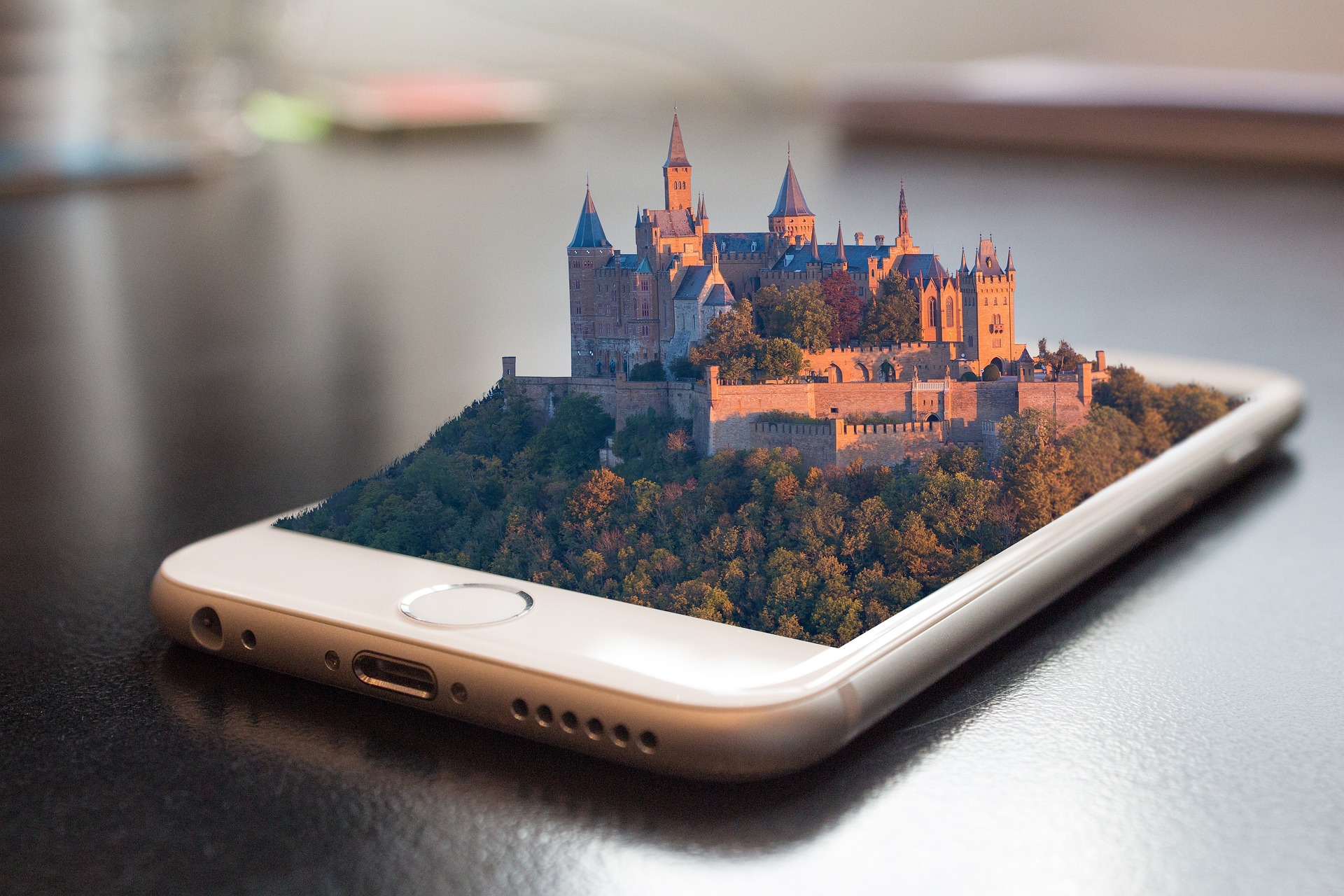Transformative Power of Virtual Reality in Tourism
Virtual Reality (VR) is not just for gamers anymore; it's making waves in the tourism industry. This cutting-edge technology is transforming how we explore and experience the world without leaving our homes. Read below to discover how VR is reshaping tourism and why it's the next big thing in travel.
The Advent of Virtual Tours
Virtual tours have become a staple in modern tourism, providing an immersive, 360-degree view of destinations, hotels, and attractions. They offer a unique, interactive experience that traditional photos and videos can’t match. With a VR headset, travelers can walk the streets of Paris, explore the ruins of Machu Picchu, or dive into the Great Barrier Reef - all from the comfort of their own home.
Bridging the Accessibility Gap
VR technology is not just about convenience; it’s also about accessibility. It allows people who are unable to travel due to physical limitations, financial constraints, or other factors, to explore the world. By wearing a VR headset, they can experience the sights, sounds, and even smells of different destinations. This technology is a game-changer for inclusive tourism.
Enhancing Travel Planning and Booking
VR is revolutionizing the way we plan and book our travels. Some travel agencies and airlines are using VR to showcase their offerings, allowing customers to virtually explore accommodations, aircraft interiors, and destinations before making a booking. This interactive, immersive approach can significantly enhance customer satisfaction and boost sales.
The Role of VR in Post-Travel Experience
The use of VR doesn’t stop when the trip ends. Travelers can relive their adventures through VR, recreating their experiences with vivid detail. This can be a powerful tool for sharing travel stories and inspiring others to explore the world.
The Future of VR in Tourism
The future of VR in tourism is promising. As technology continues to evolve, we can expect more immersive, interactive, and personalized VR experiences. This could include virtual reality travel guides, interactive language learning, and even virtual reality travel therapy.
Useful Tips and Facts:
- VR headsets range from high-end options like the Oculus Rift to budget-friendly choices like the Google Cardboard.
- Some museums and heritage sites offer VR experiences to enhance visitor engagement.
- Virtual reality can also help in preserving historical sites by digitally documenting them.
- VR can be a useful tool for destination marketing, offering a unique way to showcase a location’s attractions.
In conclusion, the transformative power of virtual reality in tourism is undeniable. It’s changing the way we explore, plan, and remember our travels, making the world more accessible and immersive. As VR technology continues to evolve, we can look forward to even more exciting developments in the world of travel. Whether you’re a seasoned traveler or a homebody, VR offers a new way to experience the world. So, grab a headset and start your virtual adventure today!





